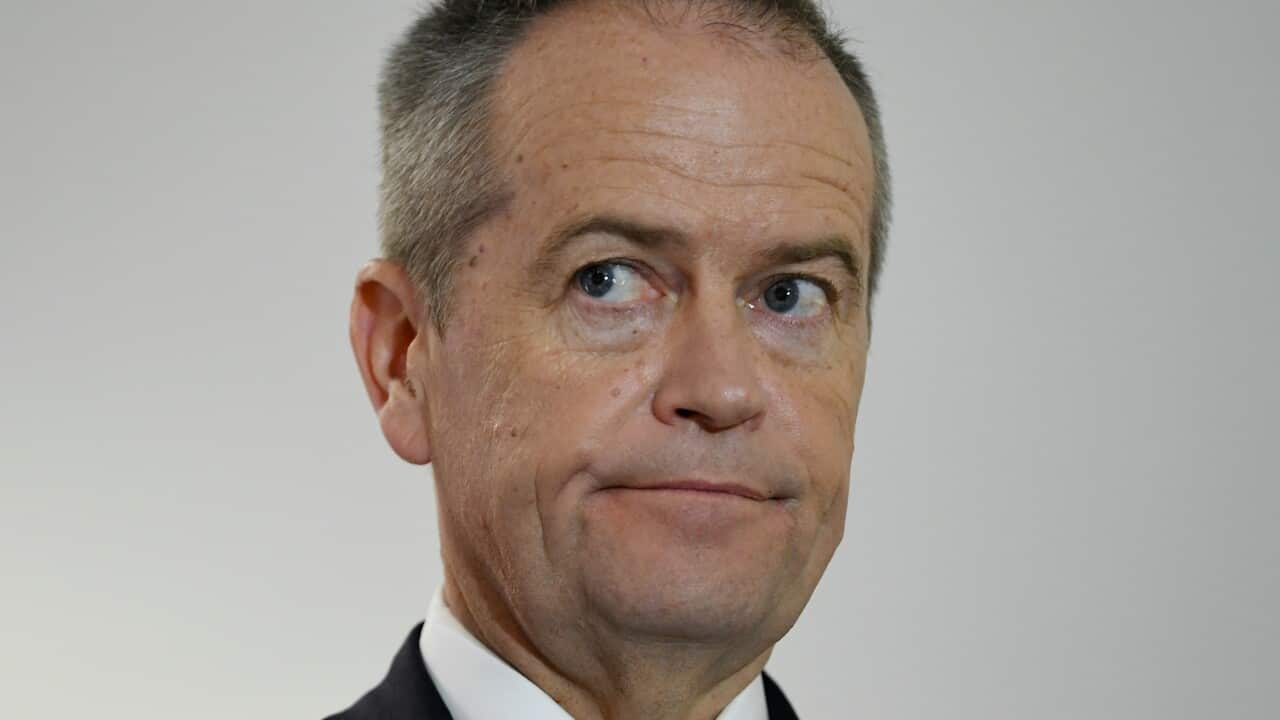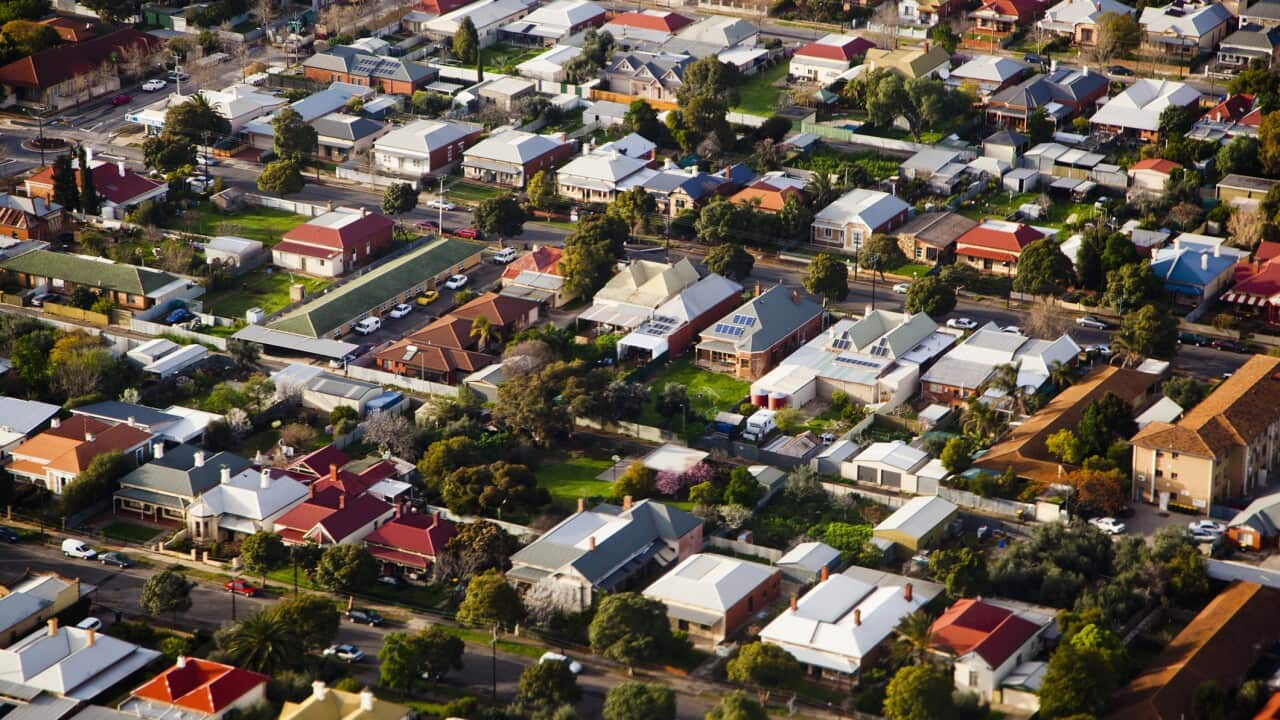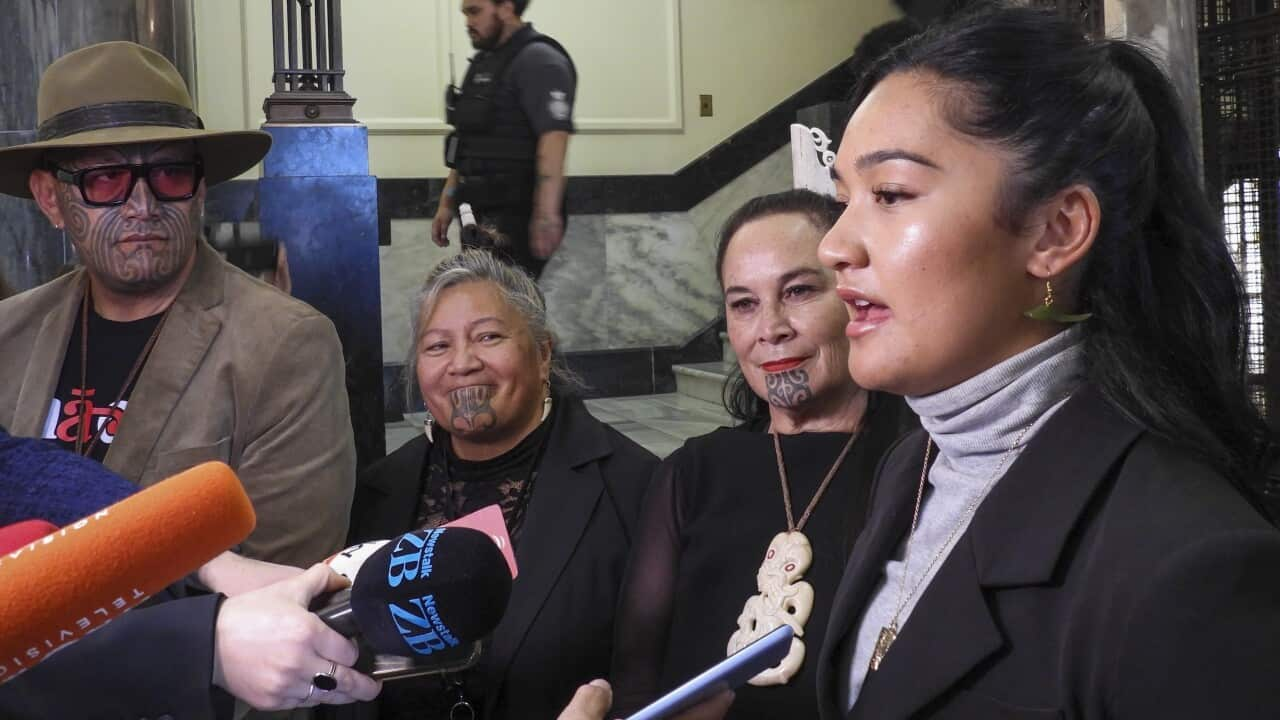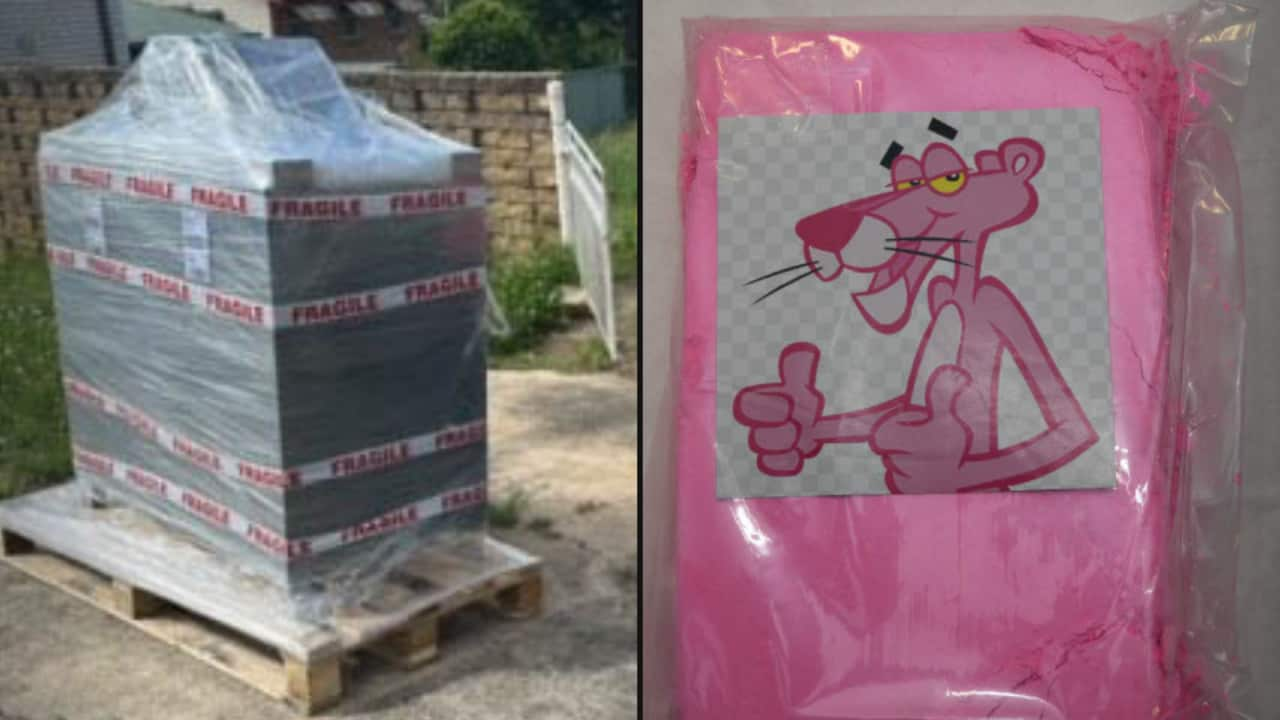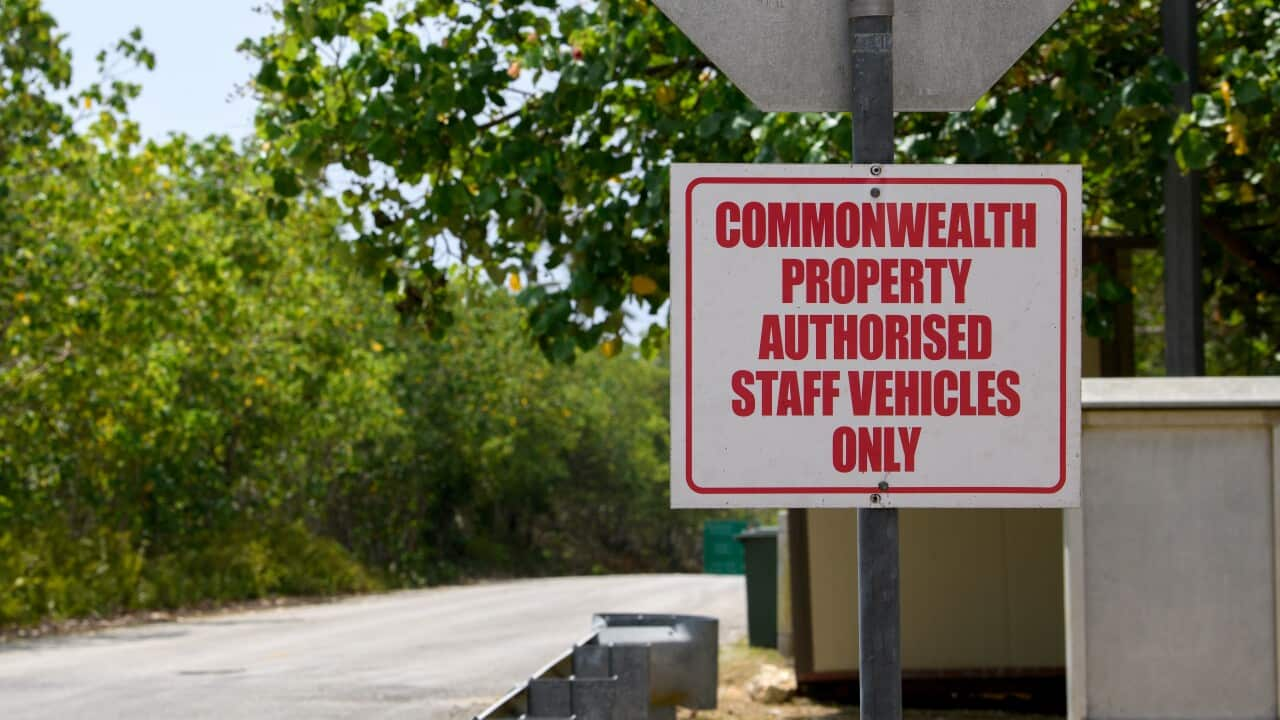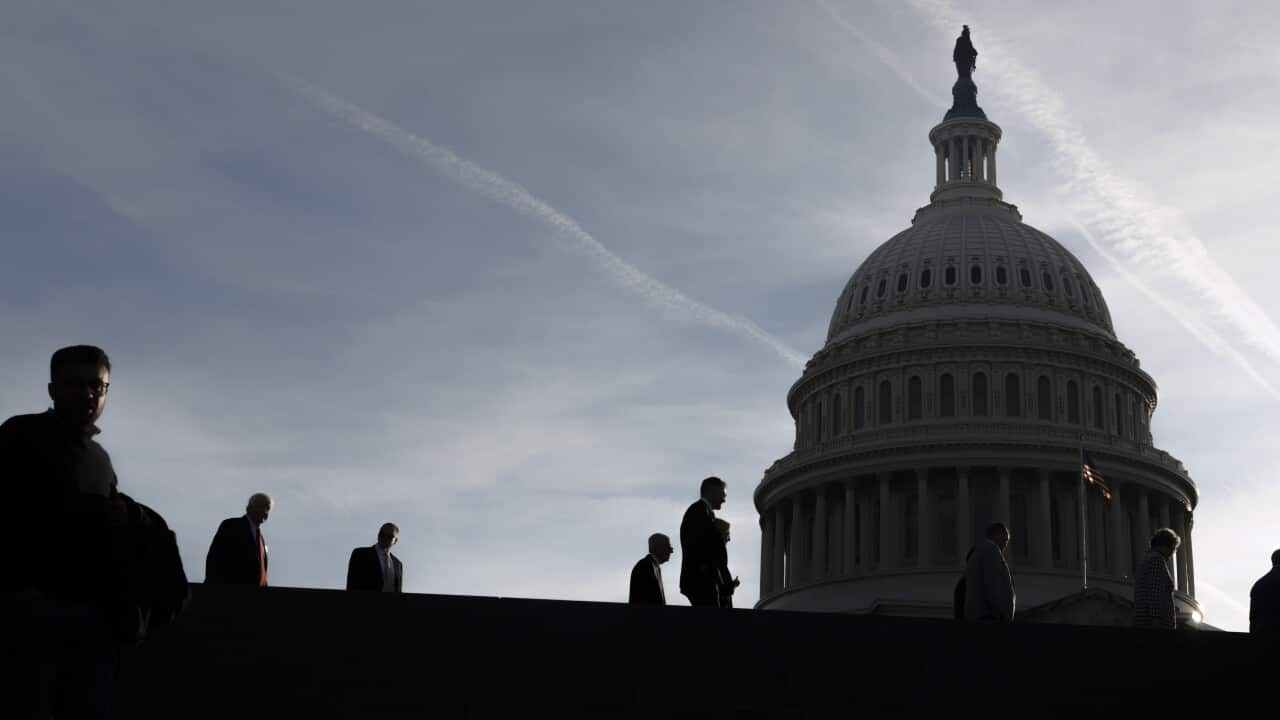Key Points
- After inquiries from SBS, a correction has been issued to a column published under Bill Shorten’s name.
- The article originally stated that the government services minister had “just missed the cut-off for free uni”.
- In fact, at least four years of Shorten’s undergraduate degree were fee-free.
Bill Shorten has corrected an opinion piece stating he was “envious” of those who got a free ride through university after it was revealed he partially benefited from fee-free tuition.
Shorten, who will trade politics for a vice chancellor role at the University of Canberra in February, advocated for young voters to get a “HECS break” in the piece for the West Australian on Monday morning.
The column, which appeared in both print and online, was published under the minister’s name.
But after inquiries from SBS, a correction has been issued: “An editorial error was made in this piece by Minister Shorten’s staff and was fixed on the online version as soon as his office was made aware. Minister Shorten had part fee-free university education, part paid.”
A week after Labor pledged to wipe $16 billion in student debt if re-elected, the opinion piece originally said he related to those struggling to pay back their loans because he “just missed the cut-off for free uni”.
“I was pretty envious of those who got their qualifications free of charge and totally understand that some younger people today bear a bit of resentment towards the generation that had a ‘free ride’,” Shorten wrote in a piece for the West Australian.
However, Linkedin and the correction reveal that at least four years of Shorten’s undergraduate degree in Arts and Law were before HECS was introduced and therefore fee-free.
After inquiries from SBS News about the minister’s education history, the paper changed the opinion piece to point out that Shorten could “see both sides of the coin”.
“I just made the cut-off for free uni (thanks to the Whitlam Government) when I did my bachelor’s degree in arts and law, finishing in 1989,” the article now reads.
“But by the time I did my BA in Law and my MBA, HECS had been introduced.
“I realise the absolute privilege of getting that first part of my study paid for by the Australian Government. I will never take that for granted and I totally understand that some younger people bear some resentment towards the generation that had ‘a free ride’.”
The original piece was circulated to his media distribution list and the correction has now been sent to the same list.
At the time of publication, the error still appears on the Department of Social Services website.
The original piece was circulated to Shorten’s media distribution list and a correction was issued four days after publication with a third version of the same paragraph.
The admission follows increasing debate on how to address growing HECS-HELP loans for nearly three million Australians.
While HECS debt is often referred to as “good debt” — with repayment determined by a person’s income — it does impact a and is leaving many locked out of owning their first home.
Albanese said the scheme was never designed to saddle Australians with a “lifetime of debt” as Labor announced a suite of measures, including a pledge to cut a further 20 per cent off all student loan debts by 1 June 2025, if re-elected.
They have also committed to raising the income threshold from $54,435 in 2024-25 to $67,000 in 2025-26 and index it to keep it at 75 per cent of graduate earnings.
Last week, Education Minister Jason Clare said the announcements would be an equaliser, noting that while MPs and senators had paid roughly 30 per cent of their degree, student contributions were currently averaging over 40 per cent.
Labor’s announcements have drawn criticism from the Opposition, with leader Peter Dutton labelling it a “card trick” to lure back voters.
Meanwhile, Liberal frontbencher Paul Fletcher said it was unfair for the remainder of Australian taxpayers to front the tertiary education of people who “will have much higher life earnings than the average across the community”.


